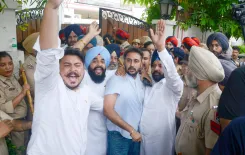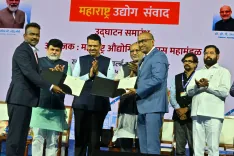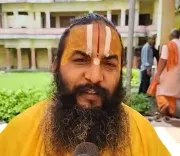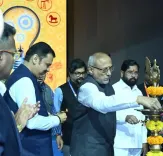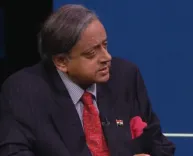What Horrors Did Ex-MPs and MLAs Recall About the Emergency?
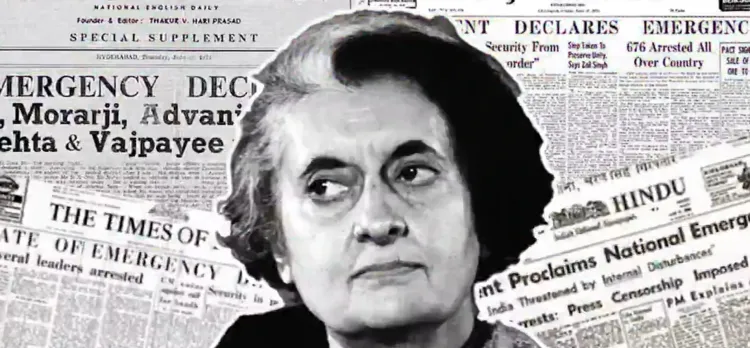
Synopsis
Key Takeaways
- The Emergency marked a significant breach of civil liberties in India.
- It was a time of widespread political arrests and censorship.
- Many leaders and activists faced imprisonment for opposing the government.
- The aftermath of the Emergency still influences Indian politics today.
- Public discourse around the Emergency remains vital for preserving democracy.
New Delhi, June 25 (NationPress) As India commemorates 50 years since the declaration of the Emergency on June 25, 1975, former lawmakers, leaders, and officials who experienced imprisonment or went underground during this tumultuous 21-month period have shared haunting memories of state oppression, political detentions, and the suppression of civil rights.
Former MP Anand Mohan from Bihar referred to the Emergency as a “dark chapter” in the annals of Indian democracy.
“Indira Gandhi, despite being dubbed the Iron Lady, made a monumental error by imposing an Emergency. She was afraid after the Allahabad High Court annulled her election. The whole nation transformed into a prison,” he stated.
He noted that even with the arrest of prominent opposition figures, the Congress party faced a significant defeat in North India during the subsequent elections.
Surendra Pratap Singh, a former MLA from Jaunpur, Uttar Pradesh, who spent 19 months in prison under the Maintenance of Internal Security Act (MISA), recounted, “On June 25, 1975, Indira Gandhi declared the Emergency to protect her position after her election was invalidated. Millions were incarcerated. Newspapers even printed blacked-out front pages. Students and youth were detained overnight. As a student union leader, I spent a month in Jaunpur jail before being transferred to Naini jail in Allahabad.”
P.V. Krishna Bhat, Chancellor of Central University, Odisha, remembered how Jayaprakash Narayan spearheaded the anti-Emergency movement. He said, “When the Emergency was declared, JP issued a call to action. The movement ignited in Gujarat, then spread to Bihar, and eventually across the nation. I evaded police for months before finally surrendering. I was imprisoned for 21 months.”
Krishna Shetty, former Chairperson of Lalit Kala Akademi and a student leader at the time, recounted the era when activism was viewed as a crime. He too was imprisoned for opposing the decree.
He expressed, “Indira Gandhi panicked. Senior leaders were apprehended overnight. I was incarcerated alongside L.K. Advani in Bellary and Bangalore. We managed to sneak in a camera and a transistor into prison. The images you see today portraying the Emergency were largely taken by me. We faced torture, yet we remained resolute.”
Economic thinker Swaminathan Gurumurthy stated, “The Congress has never issued an apology. Rahul Gandhi must recognize that the Constitution he upholds was dismantled by his grandmother and restored by the populace.”
He stressed that the Congress party should be held accountable and called for an apology regarding the Emergency, a request that has yet to be fulfilled.
“In fact, Rajiv Gandhi once openly claimed they would impose the Emergency again. Furthermore, Rahul Gandhi must acknowledge that the Constitution he proudly displays is not the one his grandmother established; it is the one his mother undermined and subsequently reinstated by the citizens of India. These truths must be recognized. This is why I believe Rahul Gandhi deserves credit for reigniting the discussion around the Emergency, hence the observance of Constitution Hatya Day,” he concluded.

